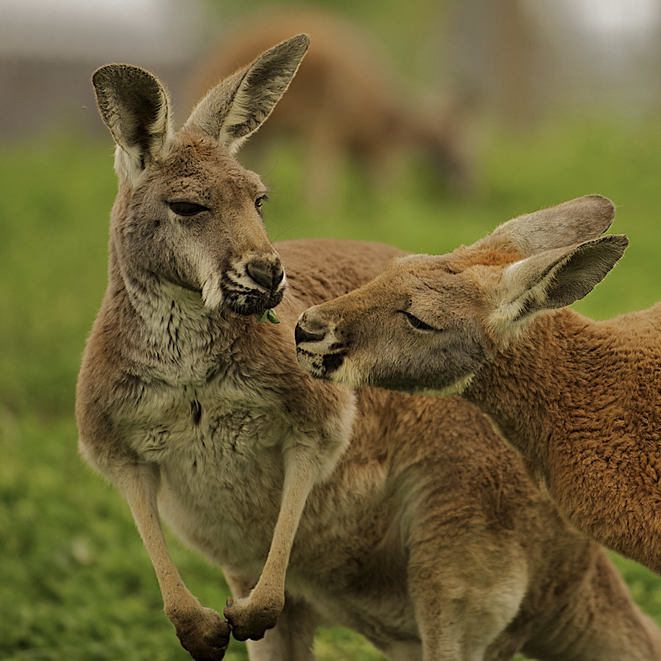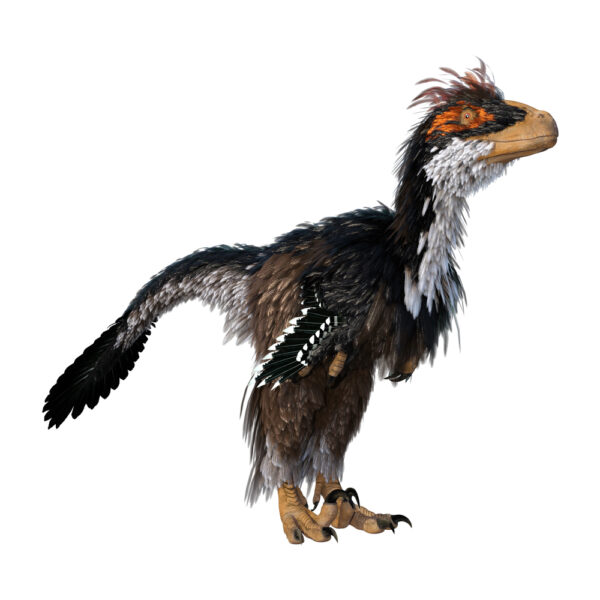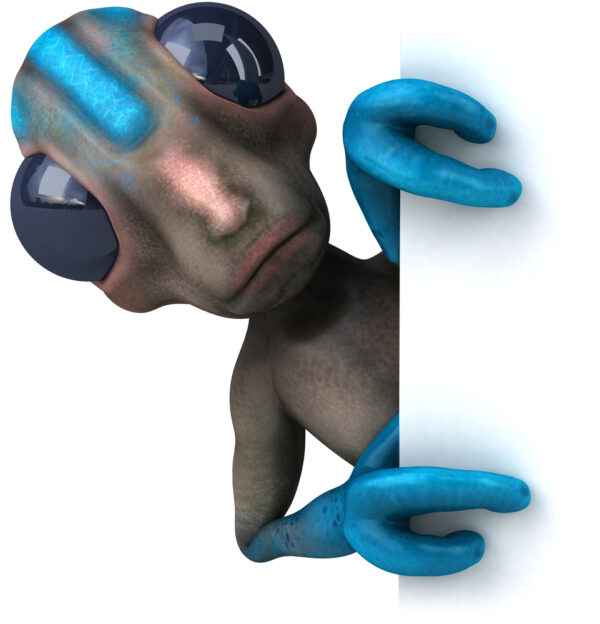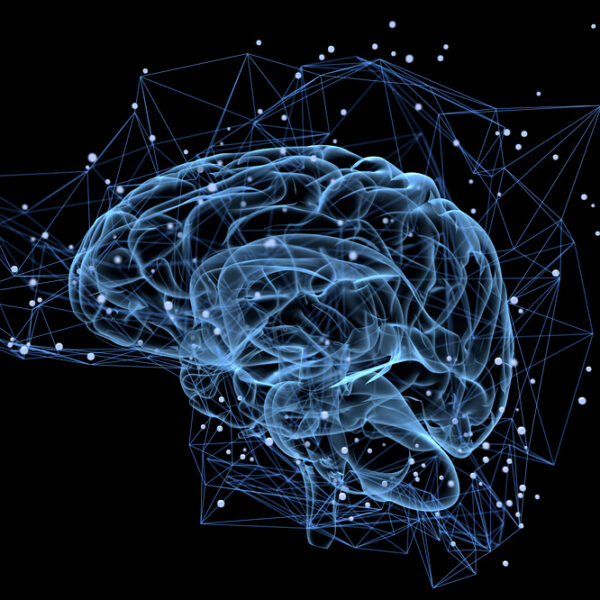Writer Fuel: Why Do Kangaroos Have Three Vaginas?
Kangaroos are pretty peculiar on the outside: They’re the world’s largest marsupials, they hop to get around, and they use their tails as a fifth limb. But they’re also pretty unusual on the inside: Female kangaroos have two vaginas — or three, if they’ve given birth. Why could that be? The most likely explanation is … Read more











